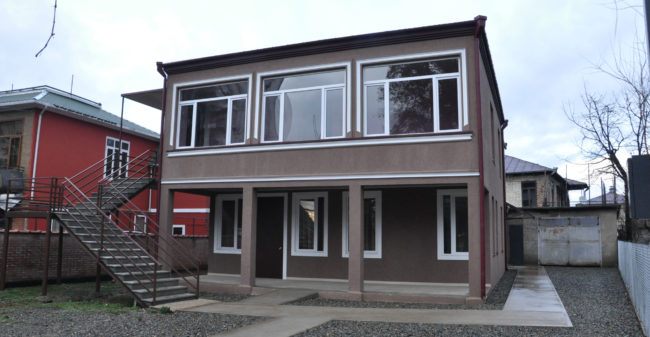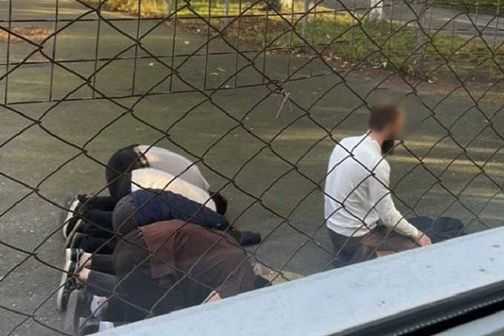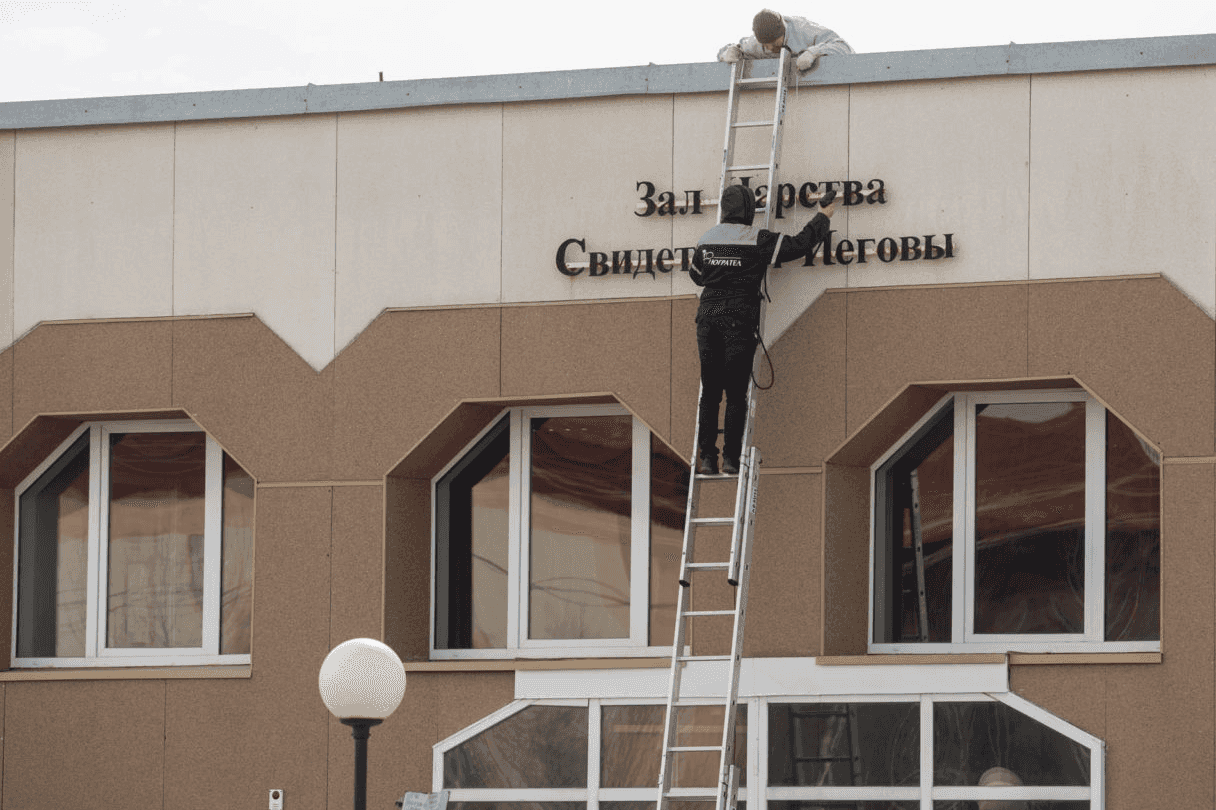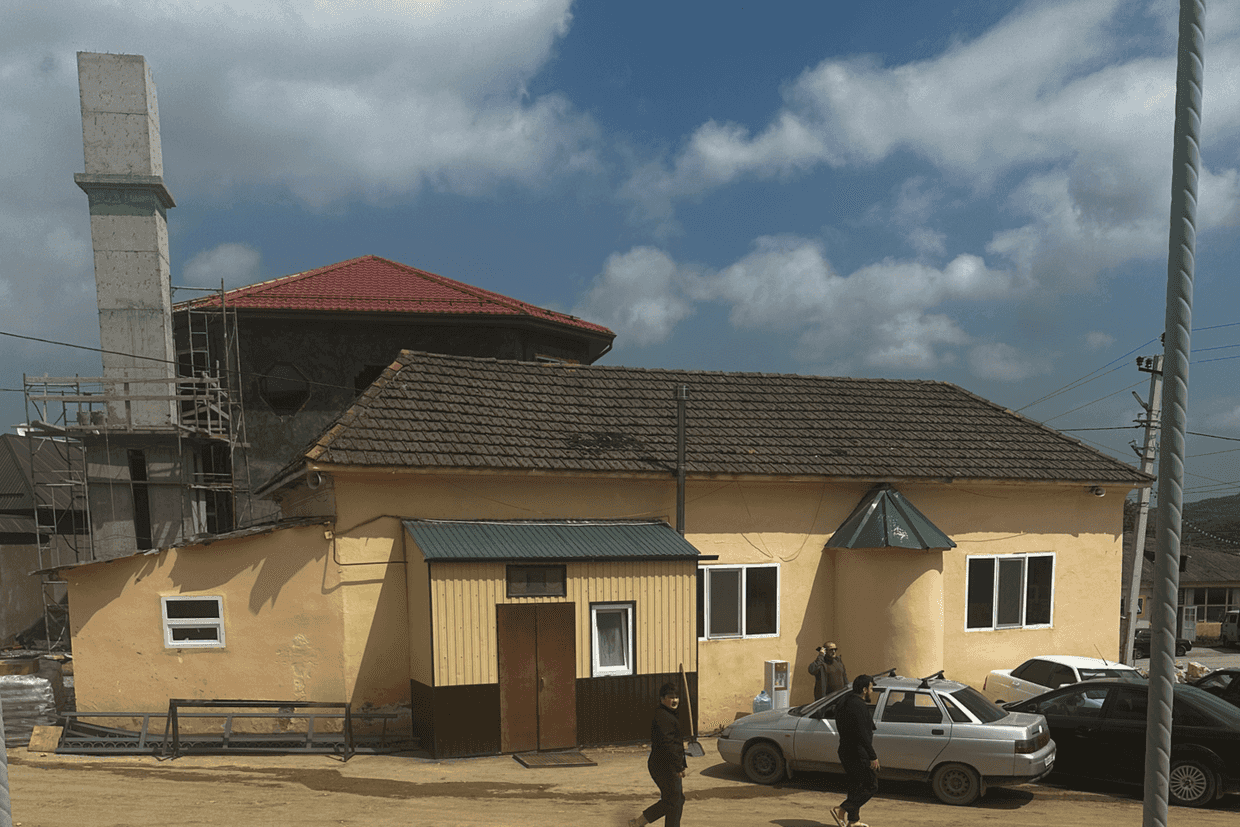

 In 2013–2016, 122 crimes were recorded against Jehovah’s Witnesses, up from only 12 in 2010–2012, a new report by the Human Rights Education and Monitoring Centre (EMC) claims.
In 2013–2016, 122 crimes were recorded against Jehovah’s Witnesses, up from only 12 in 2010–2012, a new report by the Human Rights Education and Monitoring Centre (EMC) claims.
The report, published on 7 March , describes Jehovah’s Witnesses as one of the most marginalised communities in Georgia. The European Court of Human Rights (ECHR) has made three rulings regarding the community, with the Jehovah’s Witnesses winning in all three cases.
According to their website, Jw.org, the most recent ECHR ruling was on the case of ‘Tsartsidze and others against Georgia’. The court ruled that the police harassed Jehovah’s Witnesses and did not intervene when crimes against the community were identified.
The aggression against the community mostly takes place in public; during religious services, and very often involves offenders destroying religious literature and verbally assaulting community members.
According to the EMC report, Jehovah’s Witnesses have become the victims of systematic persecution from a specific and organised group of people, who regularly target the community at the Kingdom Hall (prayer hall) with insults and vandalizing the walls of the hall. There have also been cases where they have secretly recorded conversations of community members and uploaded them to the internet.
The authors of the report claim that government policy is not directed at preventing further violence against Jehovah’s Witnesses. For example, one offender was sentenced to six months in jail for his actions against Jehovah’s Witnesses, but he still continues to persecute the community after being released.
In 2015, 11 cases of physical violence and 28 cases of verbal insults were recorded against Jehovah’s Witnesses. In 2016, the number of physical assaults recorded was more than verbal insults (12 cases of physical violence and two cases of insults and threats).
EMC claims that the cases identified tend to be more systematic and usually they are committed by the group. One of the most aggressive criminal cases was on 23 November 2015, when attackers opened fire on the Kingdom Hall in Vazisubani, Tbilisi.
When OC Media approached the State Agency on Religious Affairs for comment, we were told that they do not have any activities related to this community, as Jehovah’s Witnesses ‘do not cooperate’ with the agency, so they lack information.
According to the National Statistics Office of Georgia, during the 2014 census there were 12,400 Jehovah’s Witnesses in Georgia.









